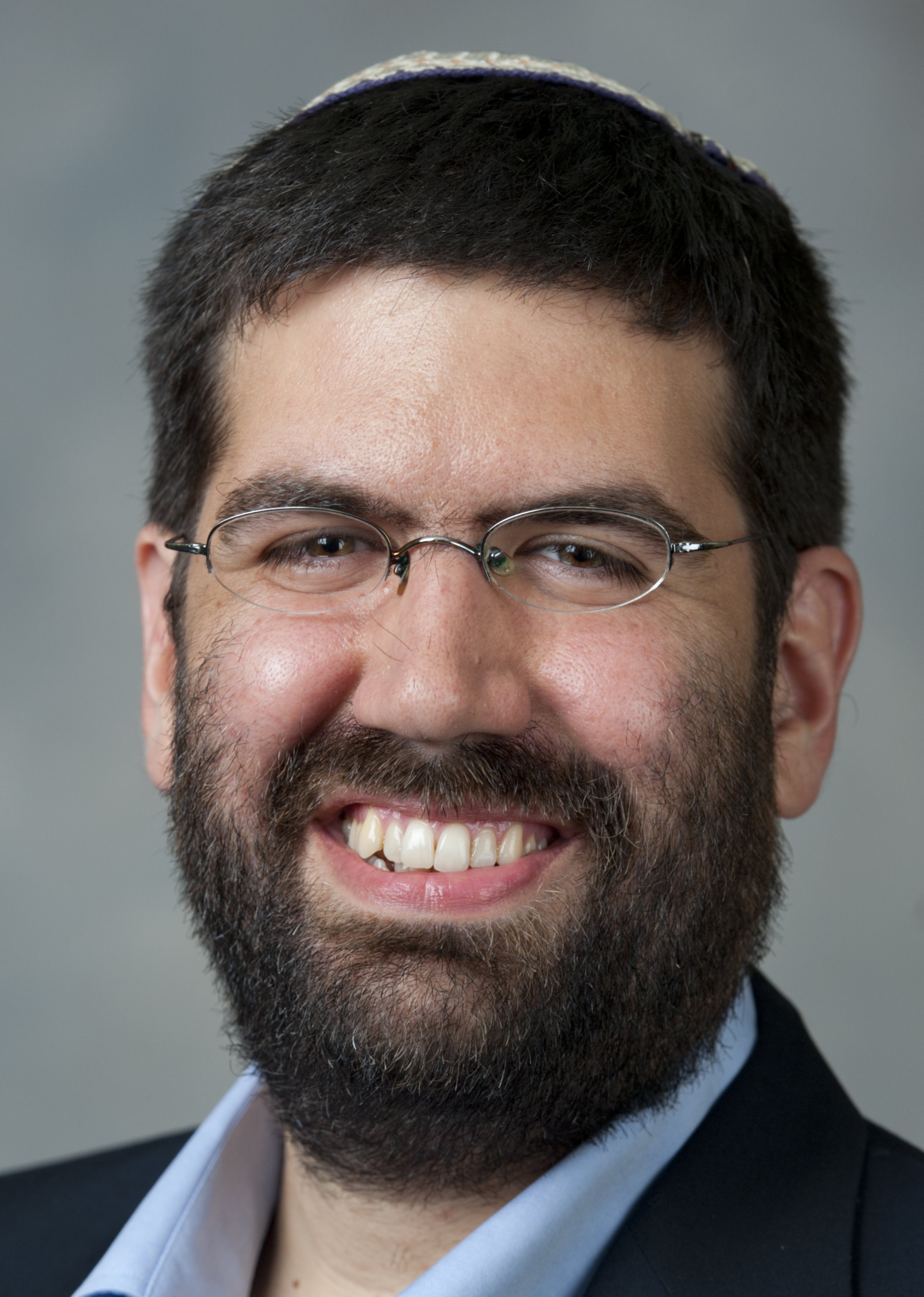Human beings are very good at justifying war and all of the human rights abuses that war involves. We are easily convinced of the righteousness of our causes, and we eagerly seek reassurance that the innocent lives that our militaries have destroyed must not have been so innocent at all. One can see such desires for reassurance and justification in the traditions surrounding the first war to take place in the Torah, in this week’s parashah.
In Genesis 14, Abram (Abraham) and his three-hundred and eighteen retainers enter into battle against King Chedorlaomer and his allies to rescue Abram’s nephew Lot from captivity. A midrash (Bereishit Rabbah 44:4) suggests that Abram kills many men in the process, and so “he was afraid, and said: ‘Perhaps there was a righteous or God-fearing man among the troops whom I killed?’” But God reassures him: “Fear not, Abram; I am a shield to you” (Genesis 15:1).
God as the “shield of Abraham” (magen Avraham), here, protects Abram against wrongdoing and, so, against the need to worry about the deaths that he has caused. The midrash goes on to offer a parable of a merchant who passes by the king’s orchards, takes some bundles of thorns, and then hides in guilt when the king sees him. But the king reassures the merchant that he in fact needed someone to take away the thorns. So too, God reassures Abram that “the soldiers whom you killed were cut thorns,” as in a verse in the Book of Isaiah (33:12) where God promises to destroy sinners and compares them to “cut thorns that are set on fire.”
Later generations of Jews have been eager to see themselves as also protected by “the shield of Abraham.” And for some modern Jews, it may be tempting to justify killing in war just as God justified Abraham’s killing. We support the use of violence even when we have doubts about the identities of those who will be killed by the violence (as is often the case in war), and we reassure ourselves that those who are killed must be like “cut thorns,” not deserving to live. The midrash justifies Abraham’s killing in war, and modern Jews may use it to justify the killing in war that they support as well.
It may be especially tempting for some Jews to imagine that other Jews, as Abraham’s descendants, will be protected by “Abraham’s Shield.” Those who think of Jews as morally superior to non-Jews often favor ideas along these lines. They may assume that the Israeli army, for example, will be shielded from committing true wrongdoing because, after all, Jews are always compassionate—in the words of West Bank rabbi Dov Lior, “the attribute of compassion is a hereditary trait of the people of Israel… one inherits this characteristic without ever having to learn it.”1
The easy assumption of Jewish righteousness, or any such assumption of the righteousness of one’s own side and the sinfulness of the other, is pernicious. It causes grave harms in the world—in war, where it allows us to kill en masse; or, so too, in justifying torture, incarceration, or a host of other punishments that we are more comfortable supporting when we assume that those being punished are mere thorns cut out of God’s garden and unneeded in the world.
It is my hope that Jews considering questions about the use of violence will seek to recapture the misgivings that Abraham first felt—without assuming the divine reassurances that Abraham is said to have heard in response. As our countries participate in violence of all sorts, may it give us pause and may we consider the dignity of all whose lives we are destroying. And even if we assume that those whom Abraham killed were irredeemable and deserved nothing less than death, and that it is right to think of them as being like “cut thorns,” may we hesitate in fear of the likely injustice of applying such thinking to others in our world today.
1Based on the translation in Yitzchak Blau, “Ploughshares into Swords: Contemporary Religious Zionists and Moral Constraints,” Tradition 34, no. 4 (2000): 44.
Rabbi Geoffrey Claussen is Lori and Eric Sklut Emerging Scholar in Jewish Studies and Assistant Professor of Religious Studies at Elon University. He is also the current President of the Society of Jewish Ethics. This d’var torah builds on discussion in his article “A Jewish Perspective on War, Scripture, and Moral Accounting,” published in The Journal of Scriptural Reasoning, vol. 14, no. 1 (2015).


